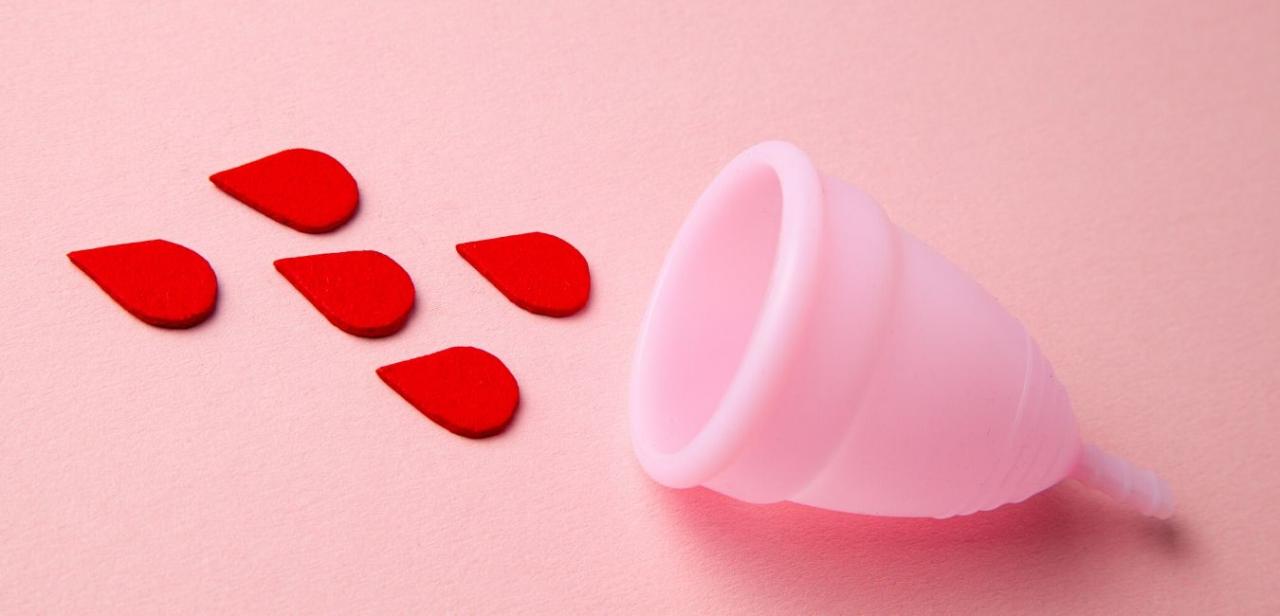Premenstrual dysphoric disorder (PMDD) is not the most common mental and physical problem for women, and many women don’t even know about it. Most women just assume they are going through premenstrual syndrome (PMS) side effects, and for the majority, that is true. However, there is a minority of women who have this disorder and need real help.
PMDD is a new term, according to Amy Altenhaus, a psychologist in New Jersey.
“These terms change all the time,” Altenhaus said. “This is a relatively new term…terms, diagnoses change over the years.”
She said that she has seen women affected by their menstrual cycle, but PMDD is a fairly new diagnosis overall.
“You always have to look at what’s the motivation for these kinds of terms,” Altenhaus said. “You would have to look and see what the pattern is. For some people, it’s easier for them to say that their depression is from their menstrual cycle than perhaps to look at other things.”
According to www.womenshealth.gov, PMDD can be “disabling” and women have to have at least five of the following symptoms to have PMDD, which can also be found on the Web site:
• feelings of sadness or despair, or possibly suicidal thoughts
• feelings of tension or anxiety
• panic attacks
• mood swings, crying
• lasting irritability or anger that affects other people
• disinterest in daily activities and relationships
• trouble thinking or focusing
• tiredness or low energy
• food cravings or binge eating
• having trouble sleeping
• feeling out of control
• physical symptoms, such as bloating, breast tenderness, headaches, and joint or muscle pain
According to the site, “symptoms occur during the week before your period and go away after bleeding starts.”
“This particular diagnosis…people who use it, it interferes with their life,” Altenhaus said. “I think that hormones magnify things that are already going on.”
Women might consider PMDD or menstrual problems that cause mental health as more of a medical problem for insurance issues or because they don’t want to consider themselves as having a psychological problem, she said, though she says medical and mental problems are generally interrelated.
“For some people that have difficulty dealing with their emotions, it’s easier for them to say, you know, I’m upset now because I’m premenstrual because they don’t accept and deal and know how to deal with their feelings, so it’s appropriate for them to say, OK now I can get upset,” Altenhaus said.
The chief issue is that PMDD is a main interference in woman’s life, so just regular PMS symptoms are not necessarily a sign of a greater mental or medical problem. Professionals can tell a woman has PMDD usually after a long term observation, sometimes suggesting that the woman keeps a calendar of mood changes, especially before, after and during the menstrual cycle.
If any woman thinks she might have PMDD or depression, she should see a mental health care professional or a general doctor to discuss options for observation and possible treatment.
Sources: http://www.womenshealth.gov/faq/premenstrual-syndrome.cfm#f





Add a Comment1 Comments
Thanks for the very informative article, Rheyanne! I think the expert source for the article, Altenhaus, has a little more book knowledge about this subject than personal or clinical experience. So let me add my own expert opinion: PMDD is not really that new. There is published research about premenstrual (luteal phase) dysphoria going back decades. What is relatively new is the use of antidepressants to treat the most severe form of PMS, but even that has been around for almost ten years.
August 22, 2011 - 9:04pmAlso, some women may be confused when they read that PMDD occurs in the week before the period. Severe PMS can last anywhere from 10-21 days in my experience as a holistic physican treating women with PMDD and PMS. The textbook definitions say it can't be PMS if it starts before ovulation (day 15 of your cycle) but some of my patients' ovaries must not have read the textbooks because their symptoms started and stopped at unusual times.
Keep up the good work!
Dr. Daniel Heller
This Comment